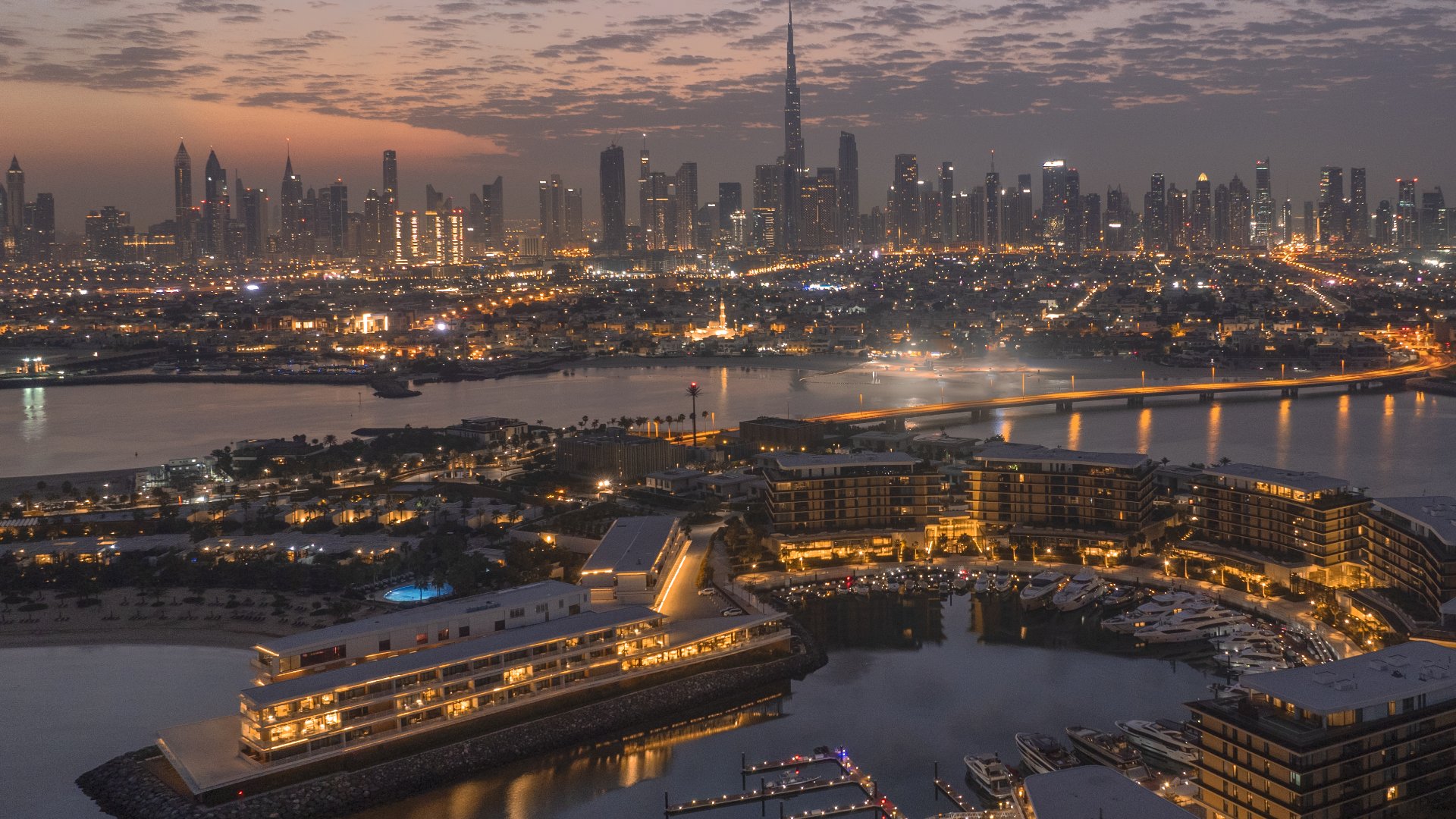No Results Found
Search Results - Blog
Search Results - FAQs
No Results Found
No Result Found
Key Differences When Buying Property in Dubai as a UK, US, or Indian Investor

Dubai’s property market is globally recognised for its ambitious developments, encouraging tax policies, and investor-friendly regulations. It has long attracted interest from buyers across the UK, the US, and India. However, while the overall process of buying property in Dubai is open and transparent, the experience can vary depending on the investor’s nationality. Below, we’ll discuss the key differences that UK, US, and Indian investors might encounter when purchasing property in Dubai.
Legal Framework and Ownership Rights
Dubai allows foreign nationals to buy property in designated freehold zones like Downtown Dubai and Palm Jumeirah. These areas are open to all nationalities.
UK and US Investors: Both UK and US citizens can purchase property in Dubai's designated freehold areas without requiring residency visas. These freehold zones, such as Dubai Marina and Downtown Dubai, grant full ownership rights, allowing investors to buy, sell, or lease properties.
Indian Investors: Similarly, Indian citizens are permitted to own freehold property in Dubai's designated areas. However, they must adhere to India's Foreign Exchange Management Act (FEMA), which governs overseas investments and imposes certain financial limits and conditions.
Financial Regulations and Remittance Limits
Transferring funds across borders is a key part of the investment process. While Dubai places few restrictions on incoming foreign capital, the regulations of the investor's home country can play a major role.
UK and US Investors: There are no specific remittance limits imposed by UK or US authorities on funds transferred for overseas property purchases.
Indian Investors: Under FEMA's Liberalised Remittance Scheme (LRS), Indian residents can remit up to USD 250,000 per financial year for overseas investments, including property purchases. This limit applies per individual, allowing a family to combine their individual limits for a larger investment. It's important to note that transactions involving instalment payments or loans for overseas property may have additional restrictions under FEMA.
Tax Implications
Dubai offers a tax-friendly environment with no property taxes, capital gains taxes, or rental income taxes, making it attractive for international investors. However, foreign investors may be taxed differently according to their country’s law.
UK Investors: While Dubai does not impose taxes on property income, UK investors are required to declare overseas property income and may be liable for UK taxes on rental income and capital gains.
US Investors: Citizens of the United States must report global income, including rental earnings from properties in Dubai to the Internal Revenue Service (IRS). They may also need to file additional forms for foreign assets. Engaging a tax advisor familiar with US tax laws is recommended.
Indian Investors: Indian residents are taxed on their global income. Rental income from Dubai properties must be reported in India and is subject to taxation. Additionally, Indian investors must declare foreign assets in their Income Tax Returns under Schedule FA.
In any case, it’s advisable that investors consult an expert to understand specific obligations related to foreign income taxes in their home countries.
Financing Options
Foreign investors can finance property purchases in Dubai, but loan eligibility, terms, and regulations may vary.
UK and US Investors: Both resident and non-resident investors can access mortgage financing from UAE banks, typically requiring a down payment of 20-40% of the property's value. Interest rates and terms vary, so it's better to compare offers from multiple financial institutions.
Indian Investors: While UAE banks offer mortgage options to non-residents, Indian investors must consider FEMA regulations, which may restrict borrowing in foreign currencies for overseas property purchases. Obtaining prior approval from the Reserve Bank of India (RBI) is necessary for such loans.
Residency Visas Linked to Property Investment
The UAE provides residency visa options for property investors. Purchasing property valued at AED 750,000 can qualify investors for a 2-year residency visa, while investments of AED 2 million may grant them a 10-year Golden Visa.
Explore Investment Opportunities with Meraas
Meraas offers a selection of residential communities in Dubai, including Bluewaters Island, Jumeira Bay, and City Walk Central Park. Our portfolio includes apartments, townhouses, penthouses and villas designed for modern living and strong investment returns. Explore our residential properties in Dubai and find the right investment opportunity.


